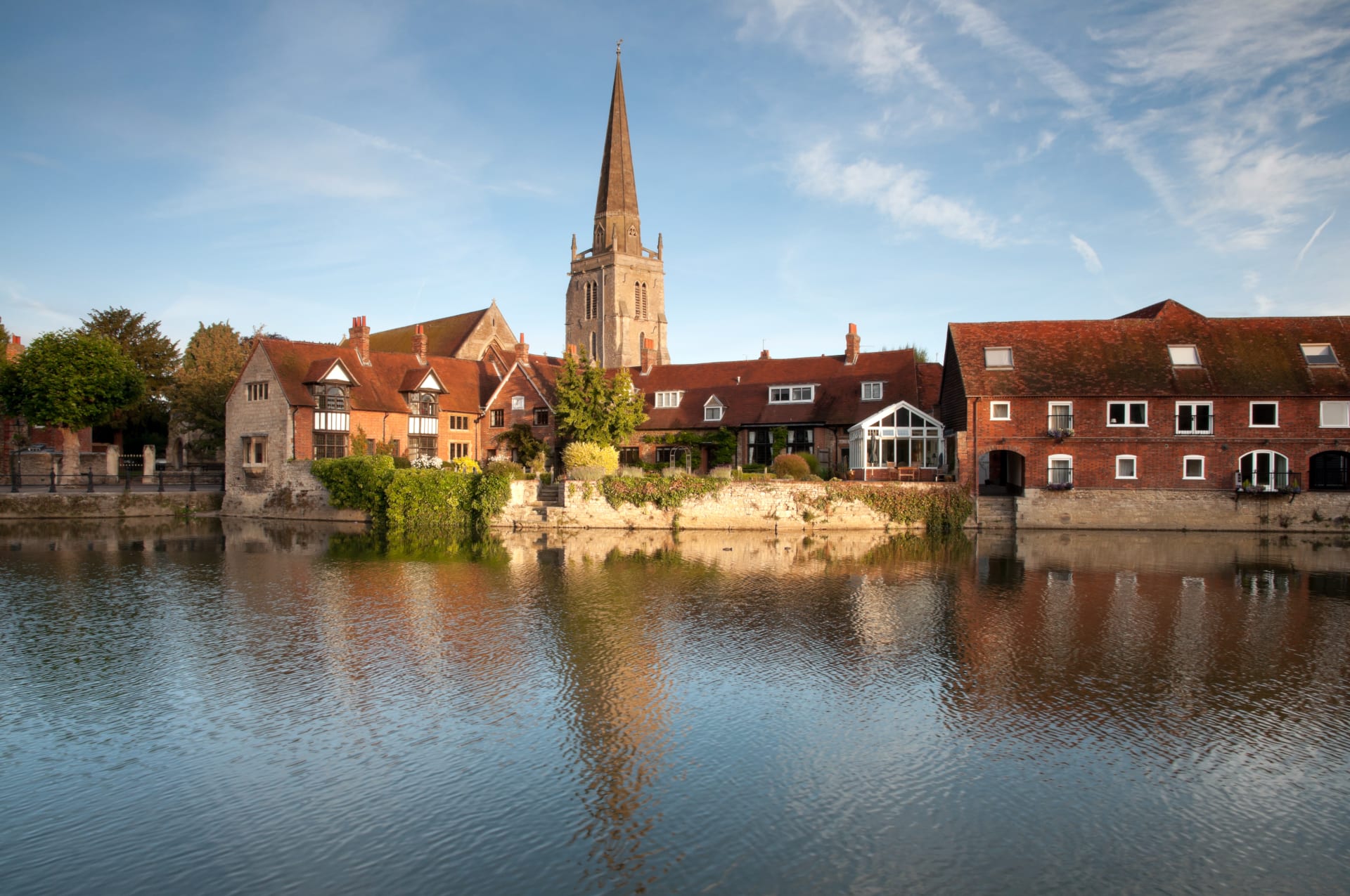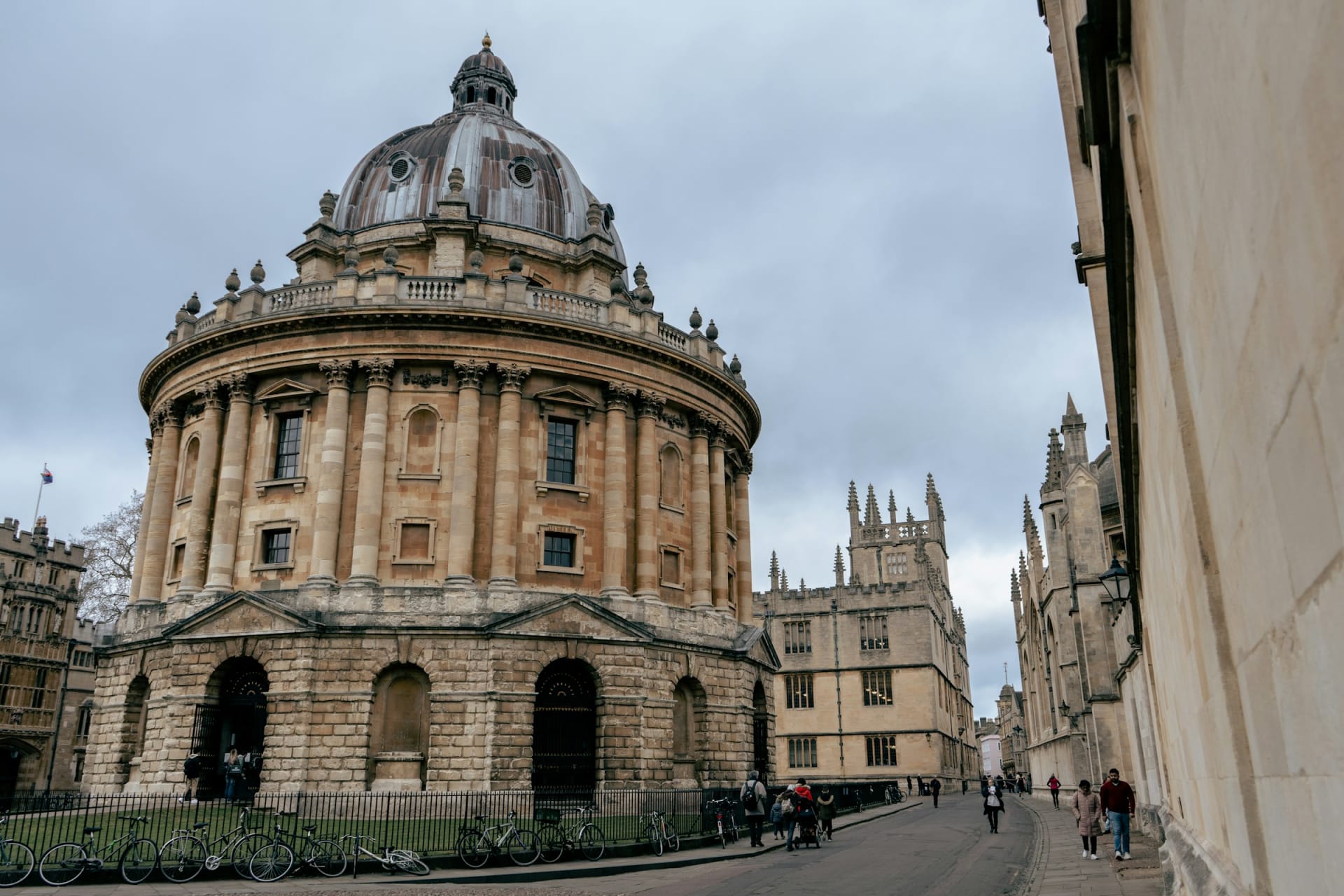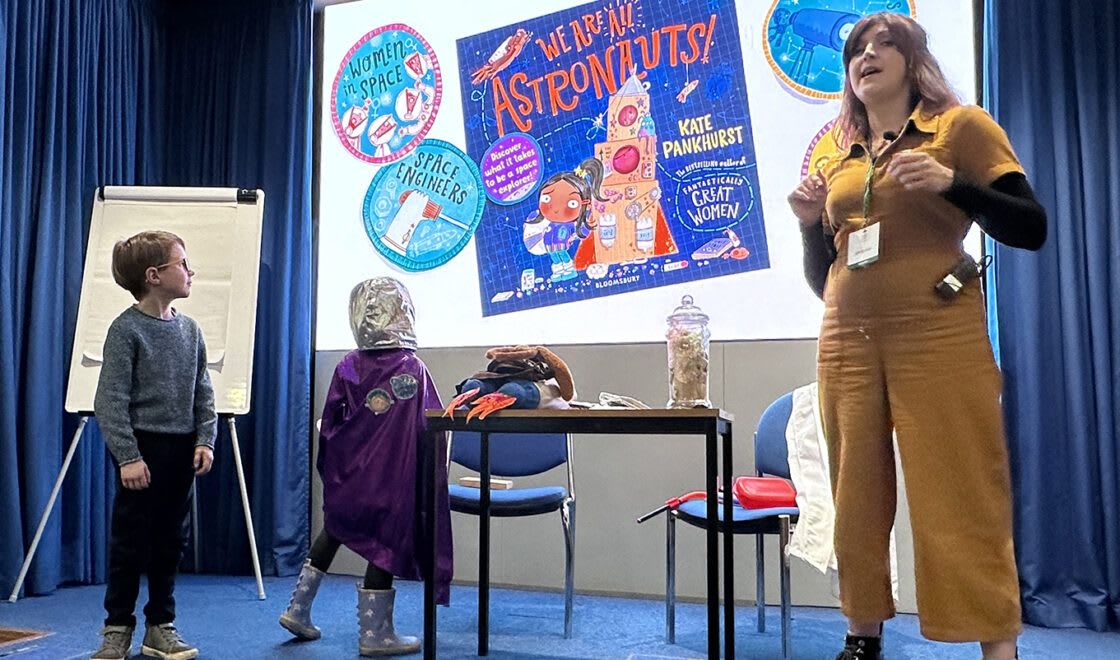Have you ever stopped to think why our towns and villages are so named? This fascination falls under the subject linguists call toponymy: ‘the study of place names’
Place names have long been a source of fascination for me. Some I know were a deliberate creation by our ancestors while some evolved naturally over time. The definitions are very often, and very obviously, a matter of natural or geographic origin. For example, we find much Old English as the basis of our names with for hill (‘beorg’, ‘dun’ or ‘hyll’ for a hill, ‘cnoll’ for a hill-top, ‘clif’ for a cliff, slope or bank); or for water (‘broc’ for a brook or stream, ‘wella’ for a spring or stream, ‘burna’ for a stream, ‘ea’ for a river).
The ‘don’ part of Abingdon is from ‘dun’ above while the ‘Abing’ part comes very unusually from the name of a woman: in this instance ‘Aebba’. Little is known about her but also of note is that ‘Abbandune’ as it was first known was recorded as early as 968: so very early indeed.
As for neighbouring Clifton Hampden, a village possessing the only major bridge that Sir George Gilbert Scott designed, it started as ‘Cliftona’ in 1146 before becoming ‘Clypton’ and actually derives from ‘clif-tun’ meaning ‘the farmstead on or by a bank of land’. ‘Hampden’, as an addition, is beguiling especially as there’s no other ‘Clifton’.
Nearby is a hamlet called Burcot, a few hundred yards from the Thames, and close to Dorchester. Most likely it’s a derivation from ‘Bryda’s cottages’ and, while it has neither a shop nor a church, nonetheless it is home to ‘The Chequers Inn’ which is among the oldest names, going back to Roman times, for a pub. This name refers to a chequer board which was hung outside as a sign that there was a place within where the game could be played. Later the same sign was erected to demonstrate that it was a place for a moneylender and hence has come our parliamentary word ‘exchequer’.
Adam Jacot de Boinod was a researcher for the first BBC television series QI, hosted by Stephen Fry. He wrote The Meaning of Tingo and Other Extraordinary Words from around the World, published by Penguin Books.








